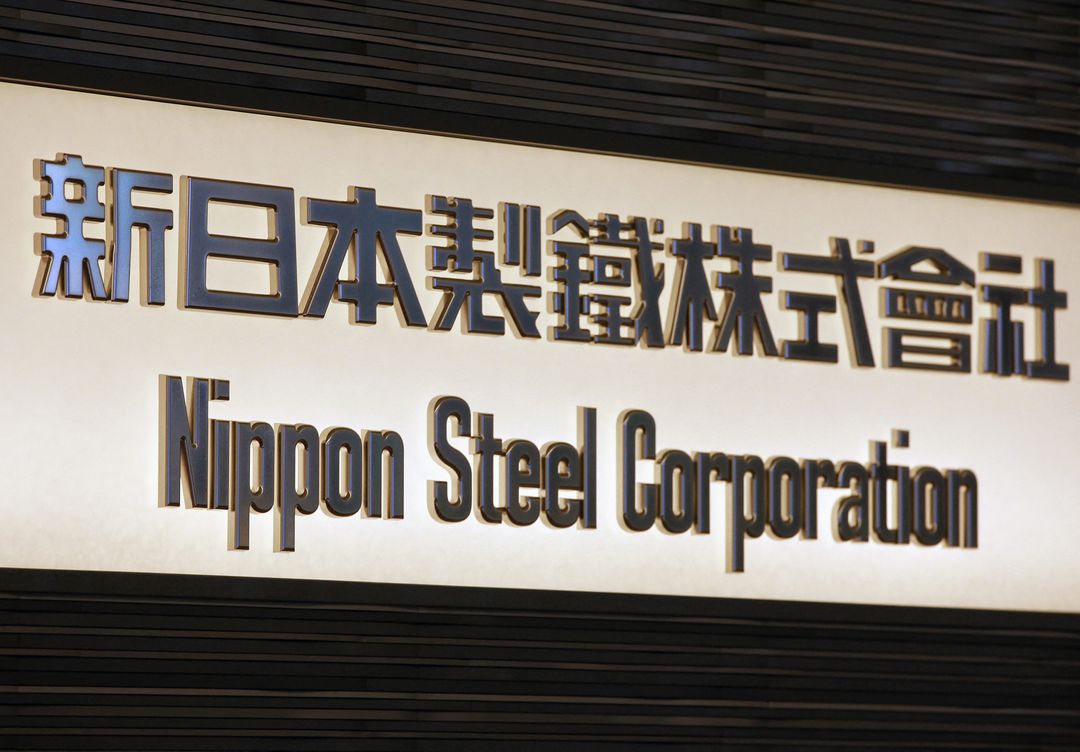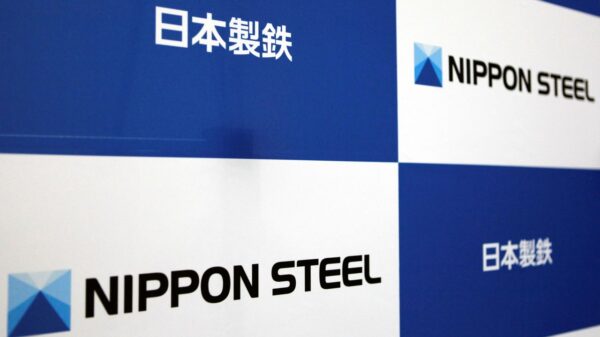JAPAN: Nippon Steel Corp has recently taken a significant step in the world of intellectual property litigation, choosing to drop its patent lawsuit against Toyota, as it believes that prolonged disputes among Japanese organizations could adversely affect the country’s economic competitiveness. The decision to discontinue the legal battle is in response to the pressing need for unity during a period of market uncertainty and a global shift towards carbon neutrality.
On November 2, the Asian steel manufacturer conveyed its concerns regarding internal disputes within Japanese businesses, emphasizing the potential harm to Japan’s economic prospects. In an increasingly competitive environment where the world is striving for decarbonization, it has become essential for Japanese industries, such as automobile and steel manufacturing, to collaborate for the common good.
A spokesperson for Nippon Steel stated, “Continuing the dispute with Toyota is not in the best interests of strengthening Japan’s industrial competitiveness.” This statement underscores the urgency for Japanese companies to work together, especially when faced with the intense global competition associated with decarbonization efforts.
The intellectual property lawsuits in question were initially filed in 2021. They revolved around Nippon Steel’s claims that Toyota, Baosteel, Mitsui, and Mitsui & Co. Steel had allegedly infringed upon the patents related to Nippon’s non-oriented electrical sheets. These sheets are a critical component used to reduce emissions in various applications, including cars, power plants, and other electrical products. Nippon Steel sought compensation amounting to $133 million from the aforementioned companies as a resolution to the patent disputes.
While Nippon Steel has chosen to withdraw its lawsuit against Toyota, it does not currently have plans to drop its other ongoing patent lawsuit against Baosteel. In response to this, Baosteel has announced its intention to actively address the lawsuit to protect the rights and interests of the company.










